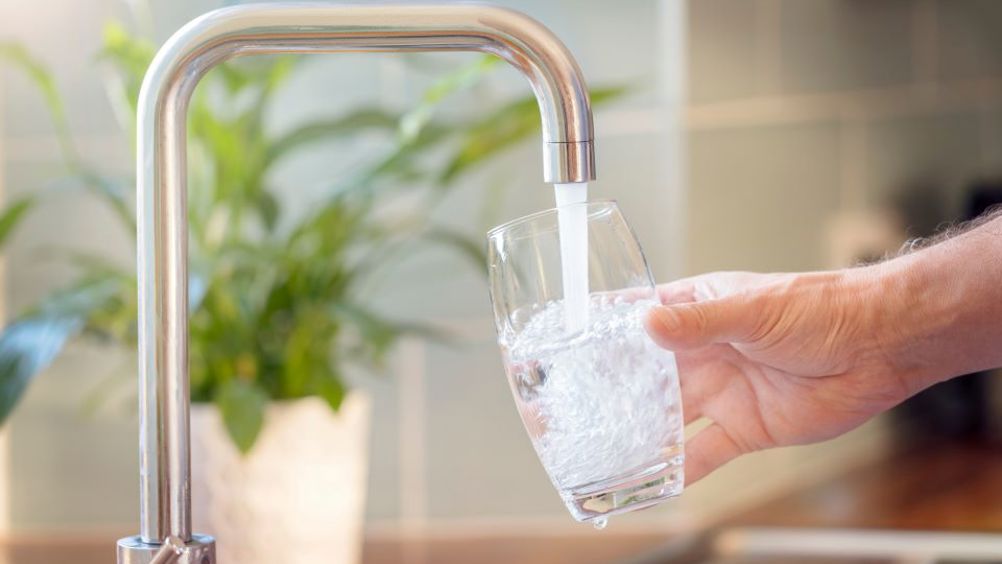Poll results: Should we be ‘less squeamish’ about our drinking water?
In our Aug 30 – Sept 6 Poll we looked at comments made by the head of the Environment Agency, who suggested that people should be less squeamish about drinking water originating from sewage treatment plants.

Writing in the Sunday Times, Sir James David Bevan KCMG said that ‘rivers and reservoirs are exceptionally low, and millions are subjected to a hosepipe ban’.
This can be seen in 10 English regions deemed to be in drought status by Environment Agency.
The situation in Europe appears more precarious, with ships unable to move in Germany’s Rhine River and tankers taking water to parts of France ‘where the taps have run dry’.
Sir James wrote ‘we need to remember where it [water] comes from: when we turn on the tap, what comes out started in a river, lake or aquifer. The more we take, the more we drain those sources’.
One solution is to reprocess sewage into drinking water, a move acknowledged by Sir James as ‘not something many people fancy’.
This summer’s record-breaking high temperatures – and the strain they have placed on water resources – should come as a reminder that water is, in Sir James’ words ‘a precious resource’.
Register now to continue reading
Thanks for visiting The Engineer. You’ve now reached your monthly limit of news stories. Register for free to unlock unlimited access to all of our news coverage, as well as premium content including opinion, in-depth features and special reports.
Benefits of registering
-
In-depth insights and coverage of key emerging trends
-
Unrestricted access to special reports throughout the year
-
Daily technology news delivered straight to your inbox










Fusion inches closer as ITER completes magnet system
I believe the purpose of ITER isn't to make usable power, it is a research project which will be used to design the first generation of actual...